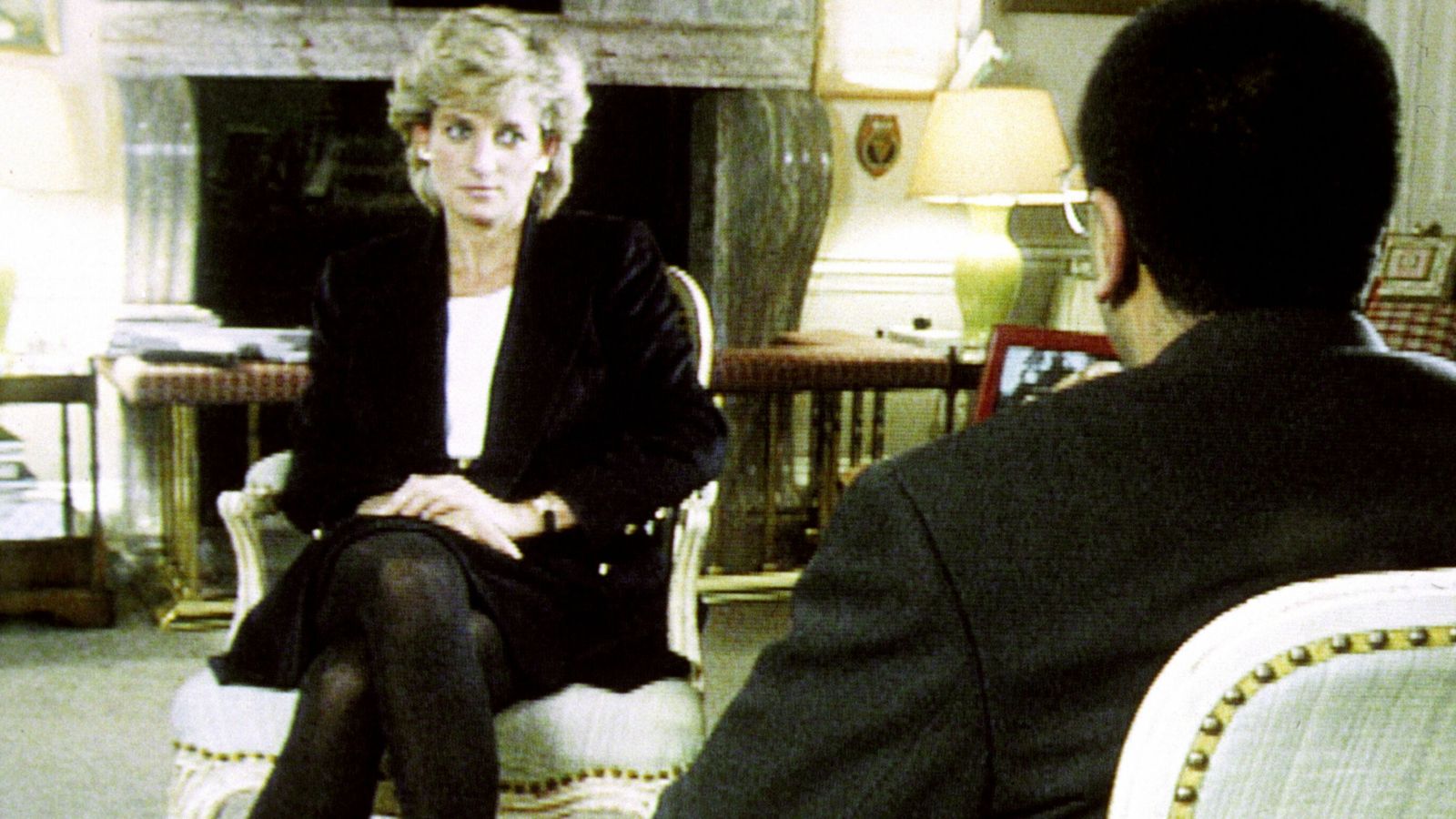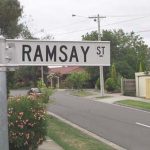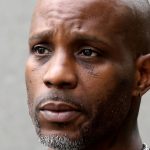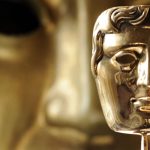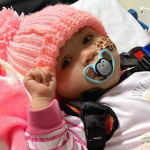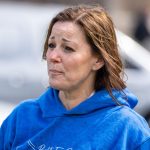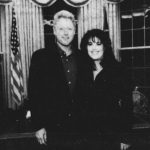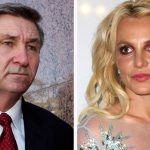Former BBC reporter Martin Bashir “deceived and induced” Princess Diana’s brother in order to obtain a bombshell Panorama interview with her, a report has found.
By producing fake bank statements, Bashir made a “serious breach” of BBC guidelines on straight-dealing when he secured the 1995 interview.
Bashir has apologised in response to the report’s findings and said the faking of bank statements was a “stupid thing to do” and “an action I deeply regret”.
However, he added he felt it had “no bearing whatsoever on the personal choice by Princess Diana to take part in the interview”.
BBC director-general Tim Davie has made a “full and unconditional” apology after the findings in Lord Dyson’s report were released this afternoon.
Former director-general Lord Tony Hall, who was the BBC’s director of news and current affairs when the Diana interview was screened, has said he accepts the corporation’s 1996 inquiry into how the sit-down was secured “fell well short of what was required”.
He added he was “wrong to give Martin Bashir the benefit of the doubt”.
Lord Dyson’s report was set up to explore how the BBC and journalist Bashir landed the explosive Panorama interview with Princess Diana – during which she sensationally claimed there were “three of us” in her marriage to Prince Charles.
Bashir said in a statement after the report’s findings were released on Thursday: “This is the second time that I have willingly fully co-operated with an investigation into events more than 25 years ago. I apologised then, and I do so again now, over the fact that I asked for bank statements to be mocked up. It was a stupid thing to do and was an action I deeply regret. But I absolutely stand by the evidence I gave a quarter of a century ago, and again more recently.
“I also reiterate that the bank statements had no bearing whatsoever on the personal choice by Princess Diana to take part in the interview.”
Bashir’s statement comes days after he stepped down as the BBC’s religion editor due to ongoing health issues.
Lord Hall said in response to Lord Dyson’s report: “I accept that our investigation 25 years ago into how Panorama secured the interview with Princess Diana fell well short of what was required. In hindsight, there were further steps we could and should have taken following complaints about Martin Bashir’s conduct.
“I was wrong to give Martin Bashir the benefit of the doubt, basing that judgement as I did on what appeared to be deep remorse on his part. Throughout my 35-year career at the BBC, I have always acted in ways I believe were fair, impartial and with the public interest front and centre.
“While Lord Dyson does not criticise my integrity, I am sorry that our investigation failed to meet the standards that were required.”
The investigation looked at whether the steps taken by Bashir and the BBC were appropriate and to what extent those actions influenced Diana’s decision to take part in the interview.
The princess’s brother Earl Spencer had alleged Bashir showed him fake financial documents relating to Diana’s former private secretary Patrick Jephson and another former royal household member.
He also said the journalist had told outlandish and untrue stories about the Royal Family to get Diana onside, including that she was being spied on by the secret services.
Lord Birt, director-general of the BBC at the time of the interview, has said “we now know the BBC harboured a rogue reporter on Panorama who fabricated an elaborate, detailed but wholly false account of his dealings with Earl Spencer and Princess Diana”.
He added: “This is a shocking blot on the BBC’s enduring commitment to honest journalism; and it is a matter of the greatest regret that it has taken 25 years for the full truth to emerge.
“As the director-general at the time, I offer my deep apologies to Earl Spencer and to all others affected.”
Lord Dyson said on Thursday: “The report demonstrates, I believe, that this has been the thorough and fair investigation I set out to do. All key individuals gave comprehensive testimony and I am grateful for their cooperation. It enabled my investigation to establish facts based on evidence and for me to draw the detailed conclusions that have been set out today.”
